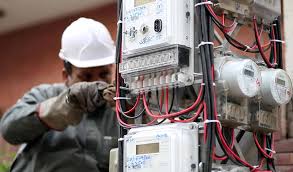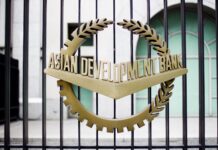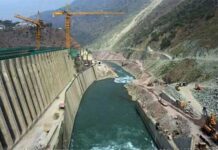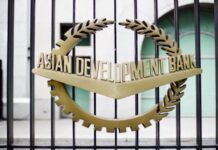
ISLAMABAD: Pakistan has refused to go-ahead with Asian Development Bank supported $5 billion drive of installing Advanced Metering Infrastructure (AMI) meters across its electricity network.
Pakistan which incurred over $1 million in commitment charges for this ADB sponsored scheme was focused on providing accurate billing, improving collection and decrease electricity theft, reported Dawn.
A senior official wishing to remain anonymous shared the ADB sponsored AMI (smart metering) scheme had many flaws and was rejected by the country’s distribution companies.
He added there were many long-term risks associated compared to a nominal fee or commitment charge. He said the programme stands closed now.
Providing details of official record indicated the government had requested ADB to redirect $1 billion out of the $5 billion fund to critical areas of distribution, to which the bank’s team threatened of putting the country on an embargo list from future financing.
In a recently held meeting, ADB officials warned the sudden closure of this scheme would impact the programme credit rating and wouldn’t give go-ahead to any prospective funding for the distribution sector of Pakistan, which was also attended by Power Minister Sardar Awais Ahmad Khan Leghari.
And the official shared the ADB funded scheme envisaged replacement of 30 percent of current meters from all Discos, with the process being initiated from two companies. The ADB sponsored scheme would have run for almost ten years to conclude and hence was deemed impractical.
He added the government was off the opinion that metering, and billing improvement should come from private sector investment and not through external funding on which 17 percent interest was being paid by Discos.
The tendering process started by Lahore and Islamabad Electric Supply Companies was disbanded. It was decided it was preferable to pay $1m at this juncture instead of causing steep losses to consumers and power companies over the next decade, the official said.
Also, this ADB funded scheme didn’t require a guarantee for post-installation performance and operation and maintenance (O&M).
The Manila-based lender at last moment put forth the offer to introduce O&M aspect for other distribution companies on condition installation of meters in Islamabad were permitted to move forth as originally envisaged.
As a result, the government rebuffed this ADB proposal. The board of directors at Discos and the federal government concluded current staff at power entities couldn’t be foreseen of owning and maintaining of AMI infrastructure because it didn’t fall within their cultural norms.
They were off the opinion that private investment would yield a much better outcome in such a programme and accrue profits through performance.
On the other hand, ADB argued it had been working on this project for around 15 years and the AMI network was designed in such a way so it would be able to connect with banks for payments and give accurate monitoring at every level and monitor loadshedding at all feeders.
The AMR projects were given go-ahead for a few distribution companies at level of Central Development Working Party (CDWP) and Executive Committee of the National Economic Council (Ecnec).
Mr. Leghari on the occasion said measure of overbilling in distribution networks couldn’t be fathomed and a programme formulated and executed externally would not yield results.
Also Minister for Power apprised the ADB team that its relationship with Pakistan was too significant to be eroded by request of shifting a loan to an alternate or due to annulment of a project at the initial stage which would have caused wasting of money, time and effort.






